
If you don’t know what a serum is, you’re not alone. The term is confusing, especially since the name is often applied to products that aren’t actually true serums. It turns out serums can help tackle several skincare concerns because of how they’re formulated, and should be added to everyone’s routines, if possible. Below, New York City-based esthetician Elizabeth Grace Hand breaks down everything you need to know about serums, plus what ingredients to look for depending on your skincare needs.
What Is a Serum?
A serum is a skincare product you can apply after toning and before moisturizing to deliver powerful ingredients directly into the skin. Serums have a high concentration of active ingredients and “their small molecule size allows them to deeply penetrate the skin,” explains Hand, making them more potent and effective at targeting specific skincare concerns.
What Are the Benefits of Using a Serum?
There are several benefits to including a serum in your routine. “Depending on the active ingredients in the formula, a serum can exfoliate, hydrate, plump the skin, and more,” says Hand.
What’s the Difference Between a Serum and a Moisturizer?
Because serums go deeper into the skin, they’re more potent than moisturizers. “You’re going to see more results and achieve your skincare goals faster if you incorporate a serum into your routine,” Hand says. Even though moisturizers can be formulated with active ingredients, they’re not able to penetrate the skin as deeply as a serum can because they’re formulated to be thicker.
What’s the Difference Between a Serum and a Face Oil?
Similar to moisturizers, there are face oils with active ingredients in them. However, a true serum is lightweight and meant to be applied underneath moisturizers, whereas an oil could be used instead of a moisturizer or on top of one. Oils also have a larger molecule size than serums, so while oils can moisturize they can't penetrate the skin beyond the outermost layers.
How Often Should You Use a Serum?
This depends on the active ingredients in the serum’s formula. “A hydrating serum with ingredients like hyaluronic acid or peptides could be applied in the morning and the evening,” says Hand. “But a serum with exfoliating acids should probably only be used two or three times a week.” Hand recommends looking at the label and taking your skin type and concerns into consideration to determine how often you should use a serum.
Best Serums for Acne-Prone Skin:
For acne-prone skin, Hand recommends looking for serums formulated with retinol. “Because it speeds up cell turnover, retinol reduces sebum production to help unblock pores and it can also improve the appearance of acne marks,” she says. Benzoyl peroxide is another great ingredient to consider. “It kills the bacteria underneath the skin and it helps unclog pores by removing dead skin cells that cause blockages,” Hand explains. Serums with zinc have anti-inflammatory properties, so they can help with swelling and redness while also regulating oil production. There’s also salicylic acid and azelaic acid: two ingredients that loosen dead skin cells and clear out pores.
Clarifying Serum with Azelaic Acid
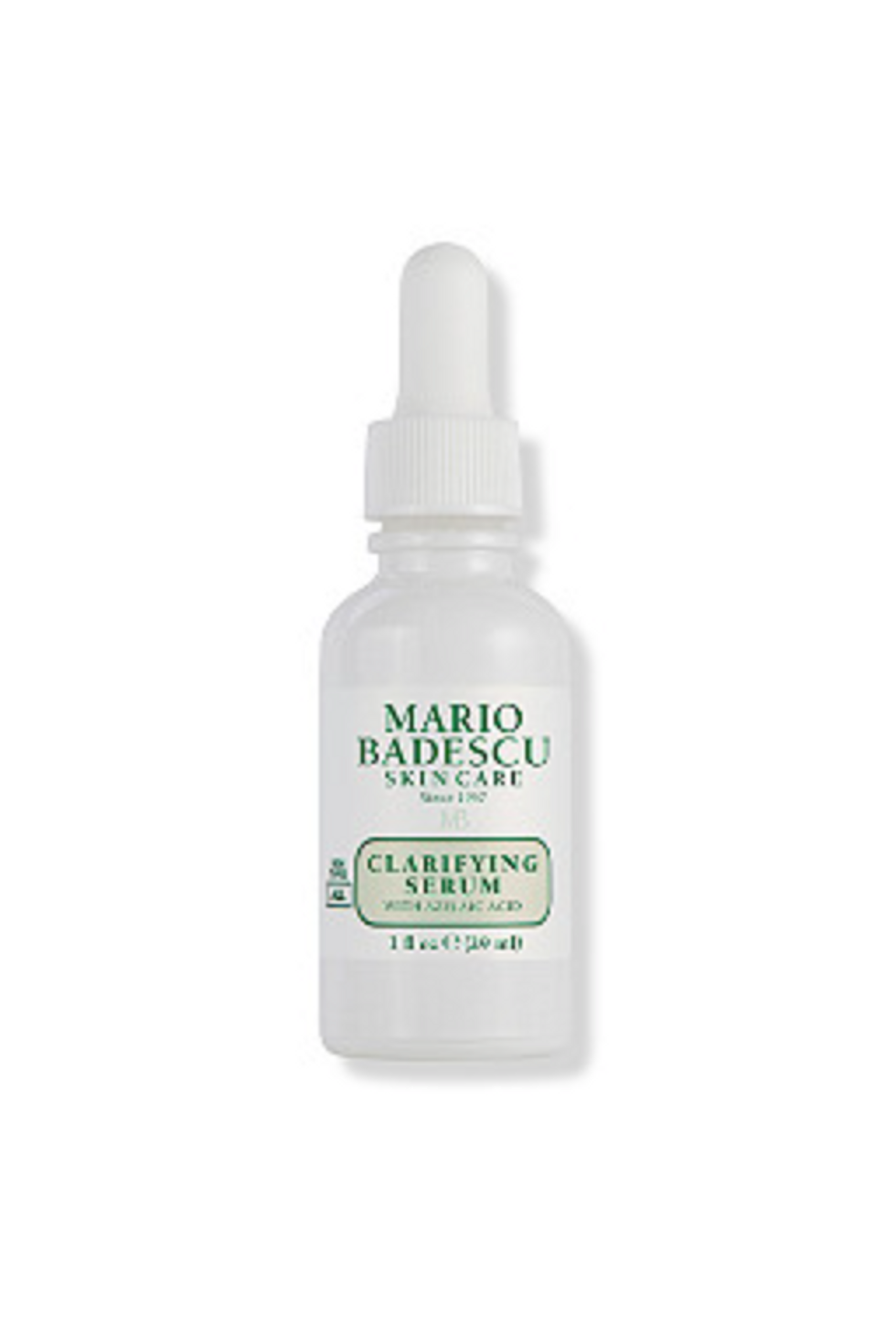
Resurfacing Face Serum
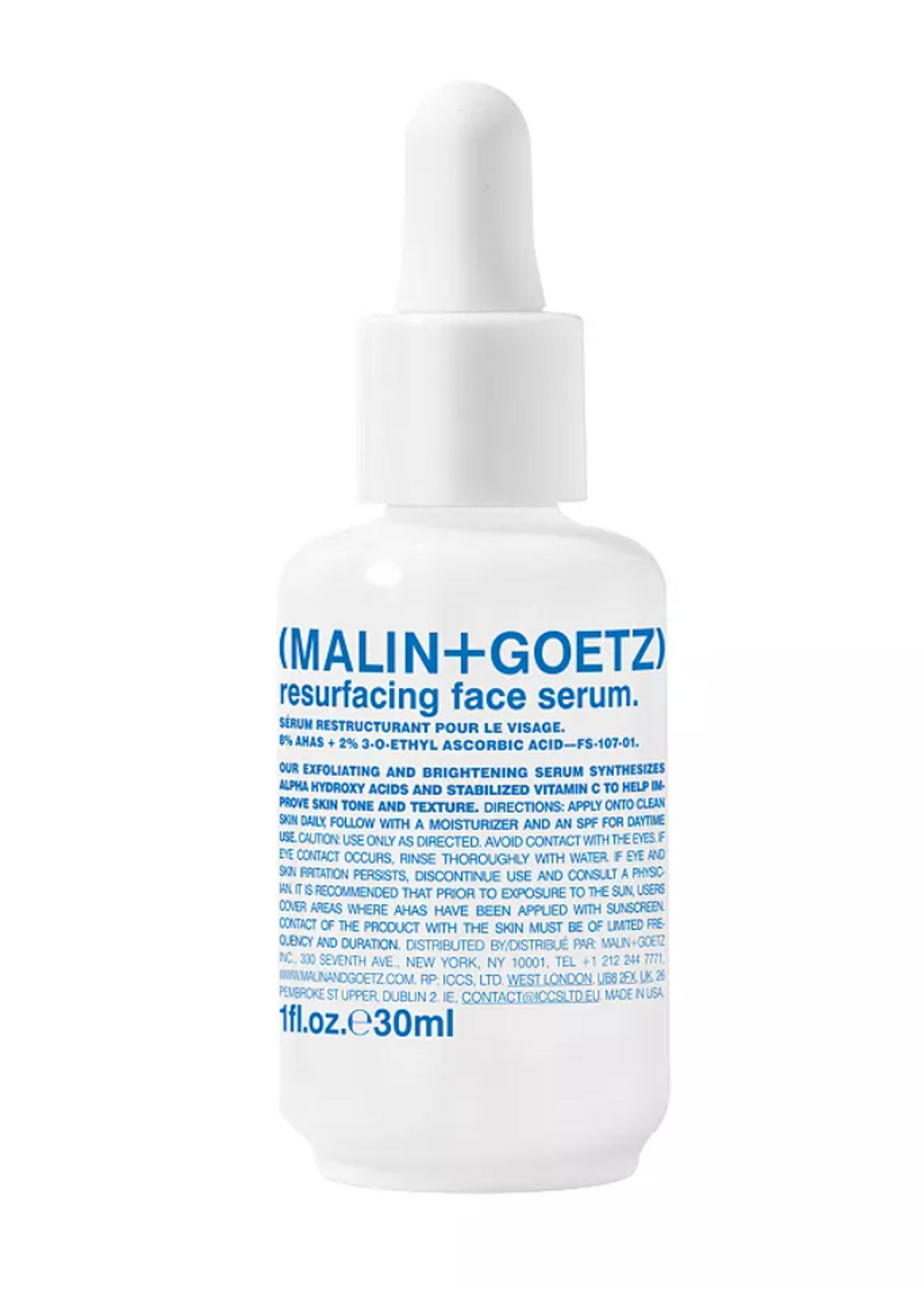
Vinopure Natural Salicylic Acid Pore Minimizing Serum
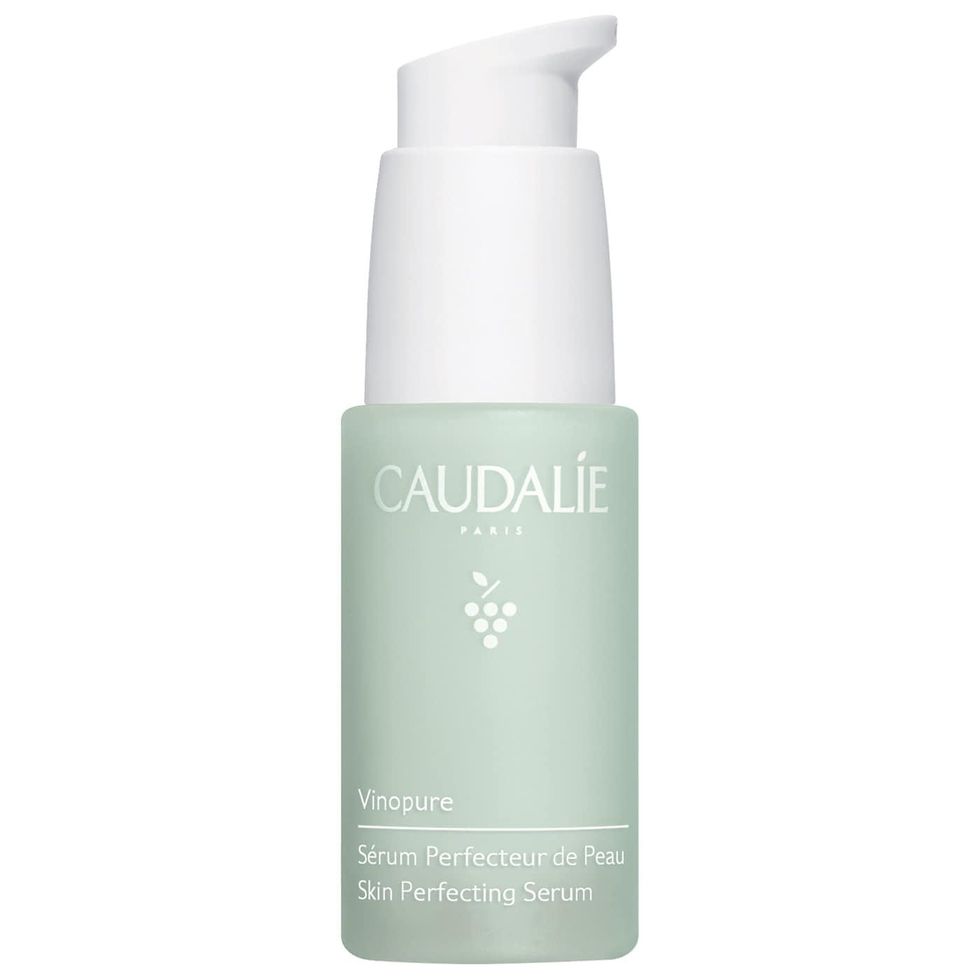
Best Serums for Dry Skin:
“Hyaluronic acid is the gold-standard ingredient for dry skin,” says Hand. “It holds almost 1,000 times its weight in moisture.” Hand also recommends serums with ceramides because they help the skin retain moisture.
Fermented Hyaluronic Acid
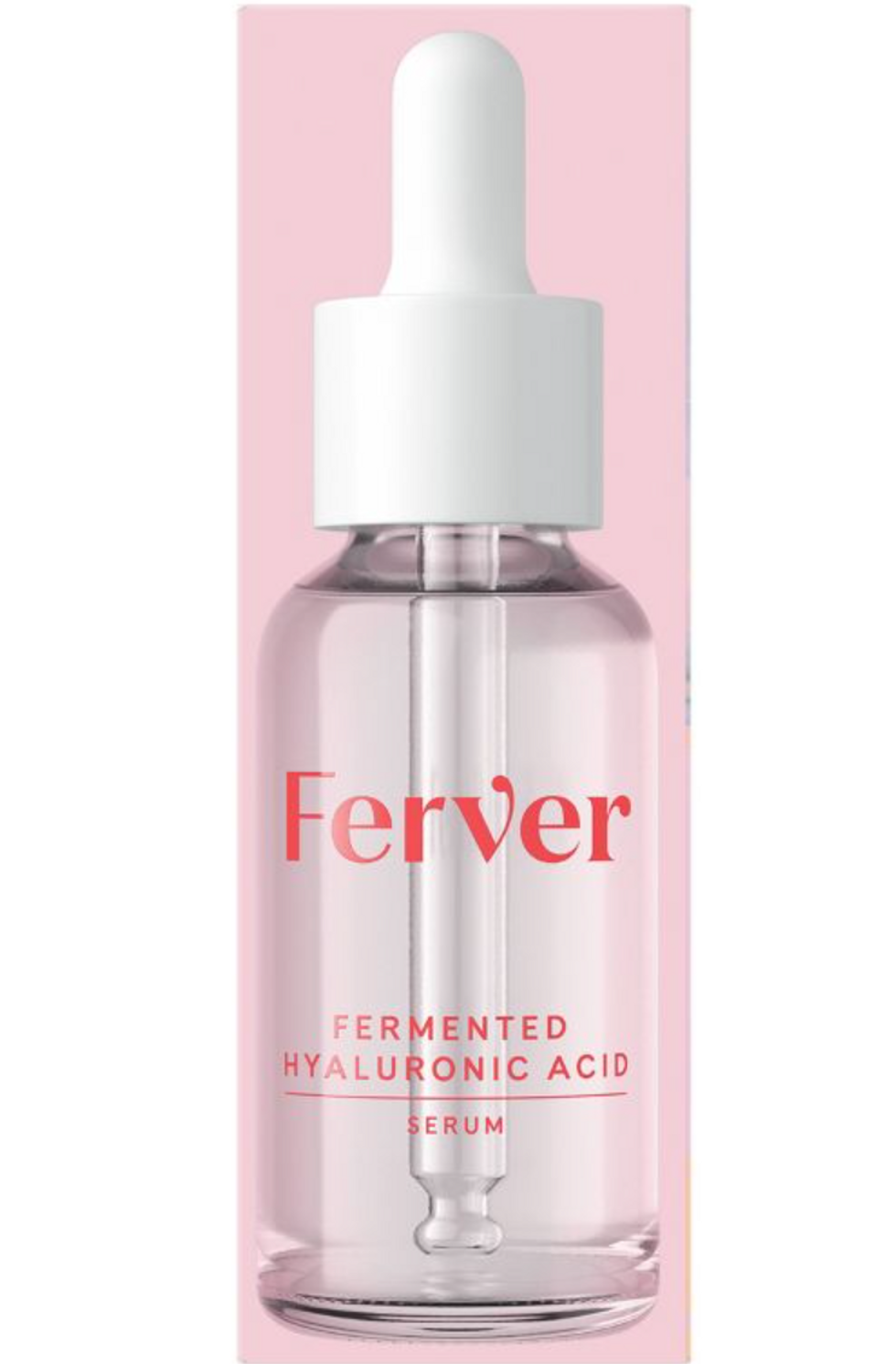
Squalane + Copper Peptide Rapid Plumping Serum
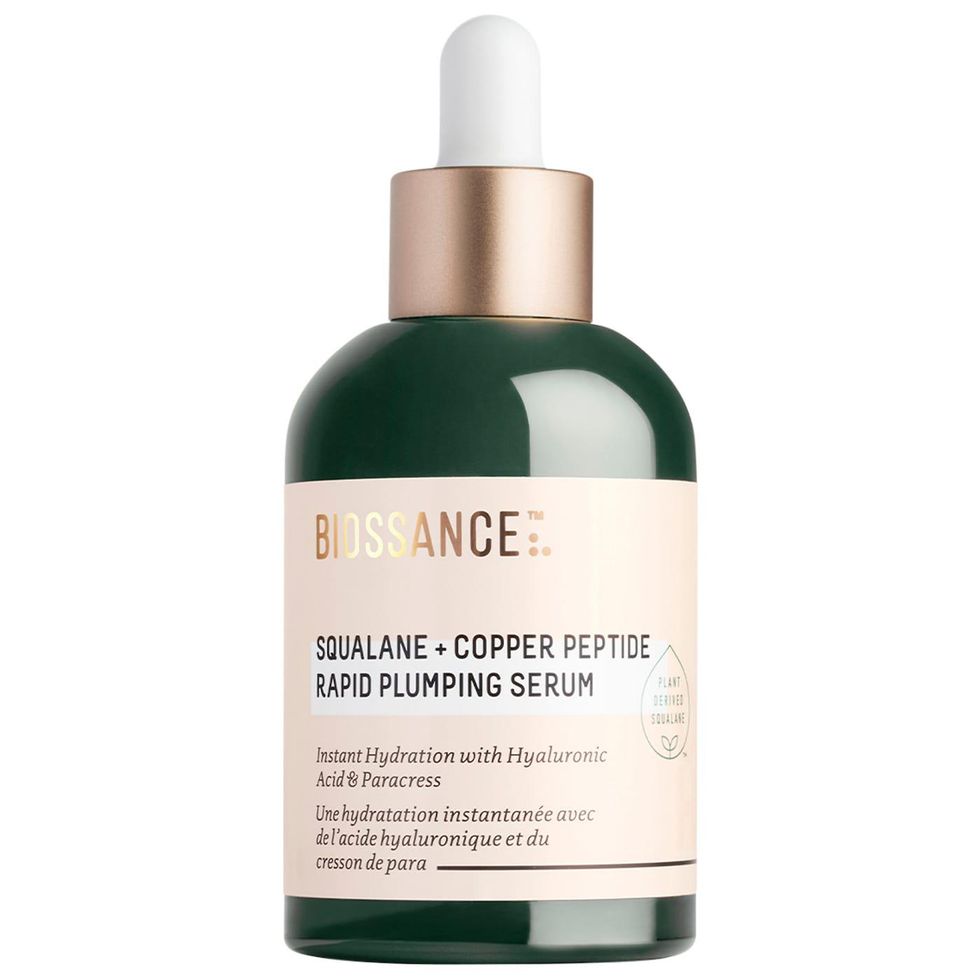
Hydra-global Serum Anti-Aging Hydration Booster
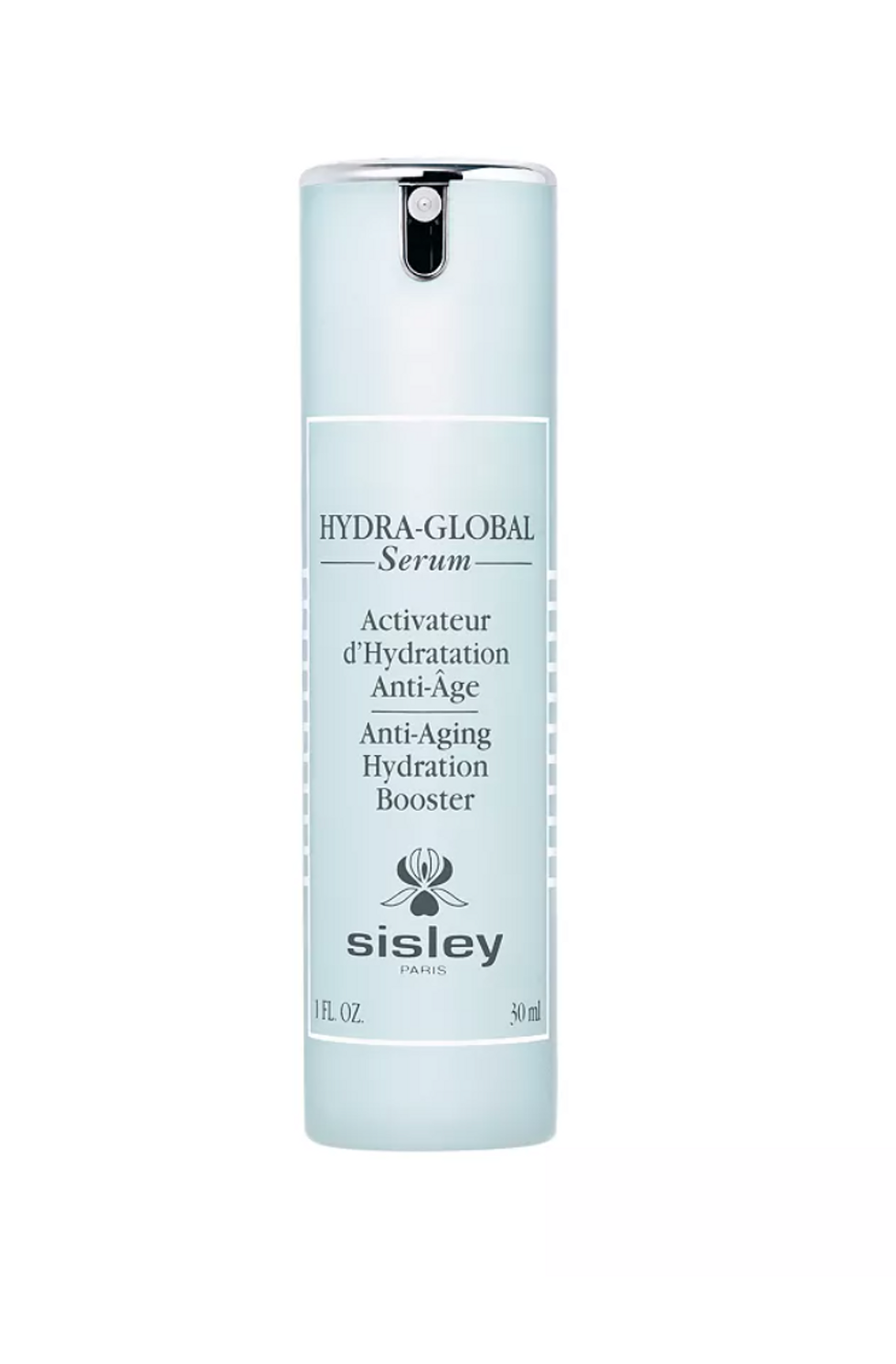
Best Serums for Dark Spots:
If hyperpigmentation is a concern, you may want to consider a serum with vitamin C—it helps minimize the appearance of dark spots. Azaelic acid is another active ingredient that helps even out skin tone. “It prevents dark spots from forming by blocking tyro synthase—the enzyme responsible for melanin production,” says Hand. Tranexamic acid also helps improve pigmentation by slowing the production of melanin and glycolic acid works to break down the glue between dead skin cells so they shed quicker, allowing new skin cells to rise to the surface.
Beaute Brightening Serum Suprême
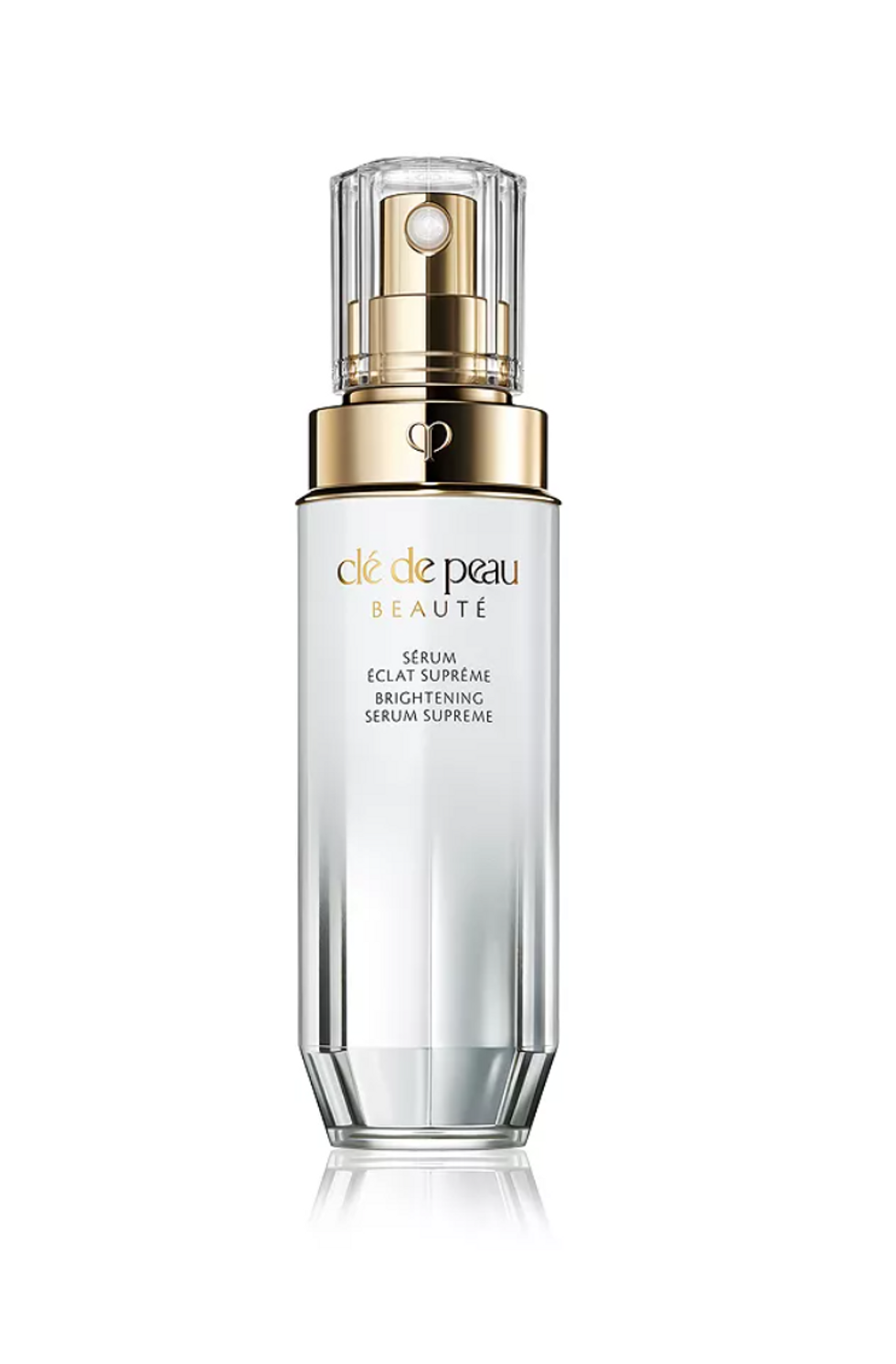
Illuminating Antioxidant Serum
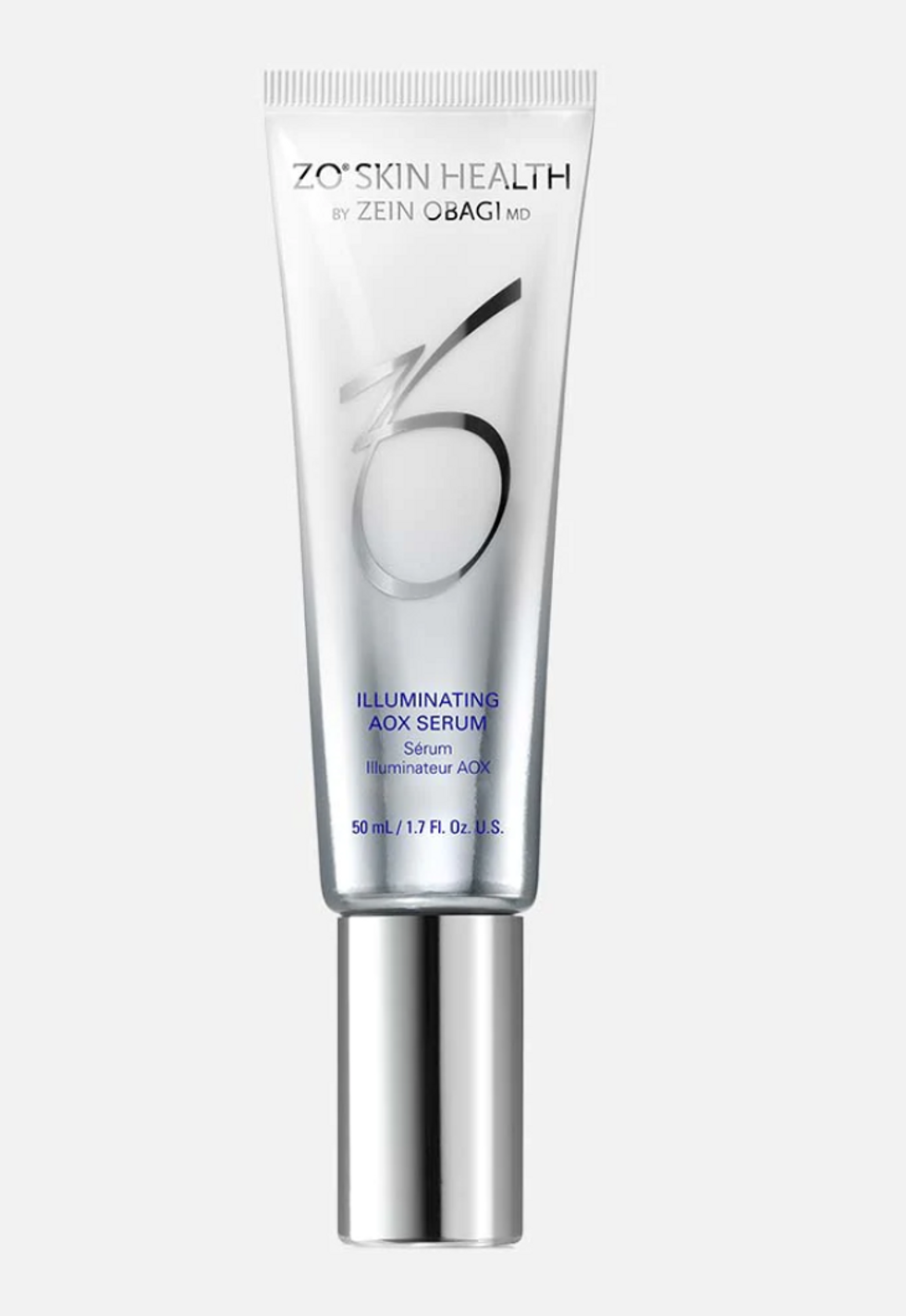
Milk Marvel Dark Spot Serum
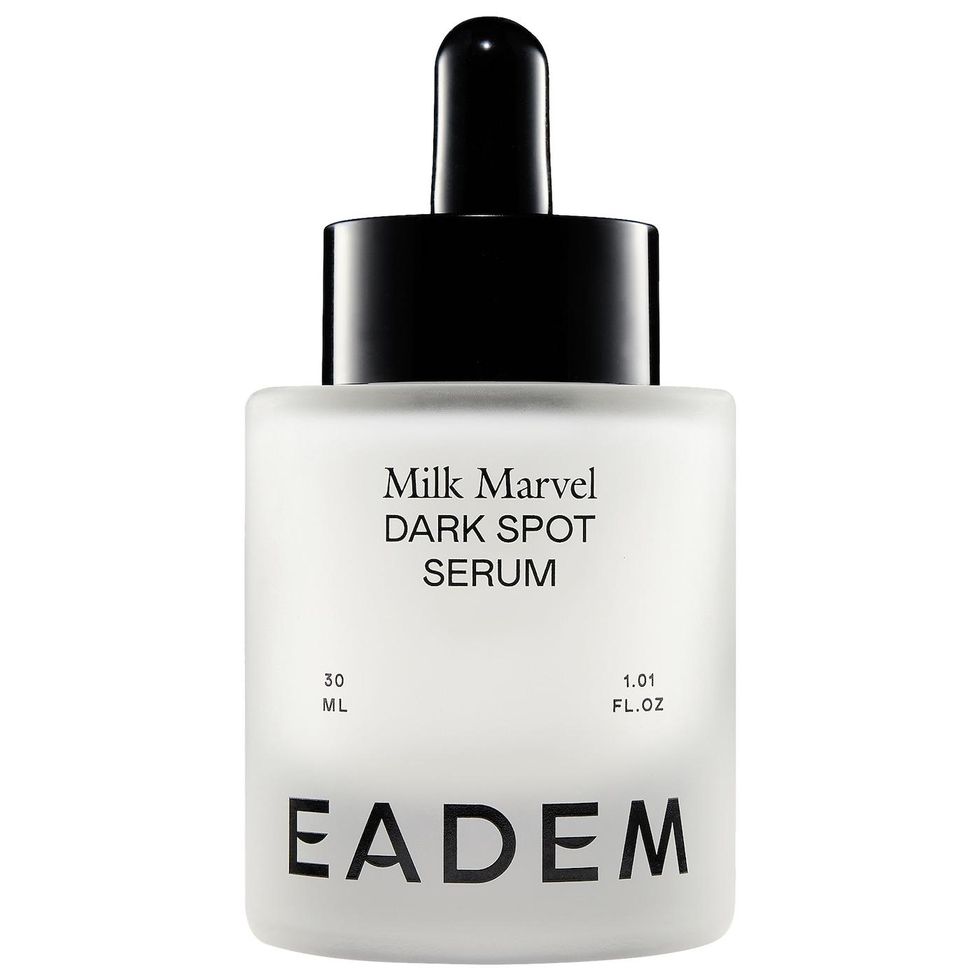
Best Serums for Fine Lines and Wrinkles:
For those concerned with fine lines and wrinkles, serums with retinol, coenzyme Q10, vitamin C, and peptides are all great to use.. “Coenzyme Q10, peptides, and vitamin C help boost collagen levels and improve the skin’s elasticity levels,” explains Hand. “Retinol speeds up the cell turnover rate to reduce the appearance of fine lines.”
Renewing Complexion Serum
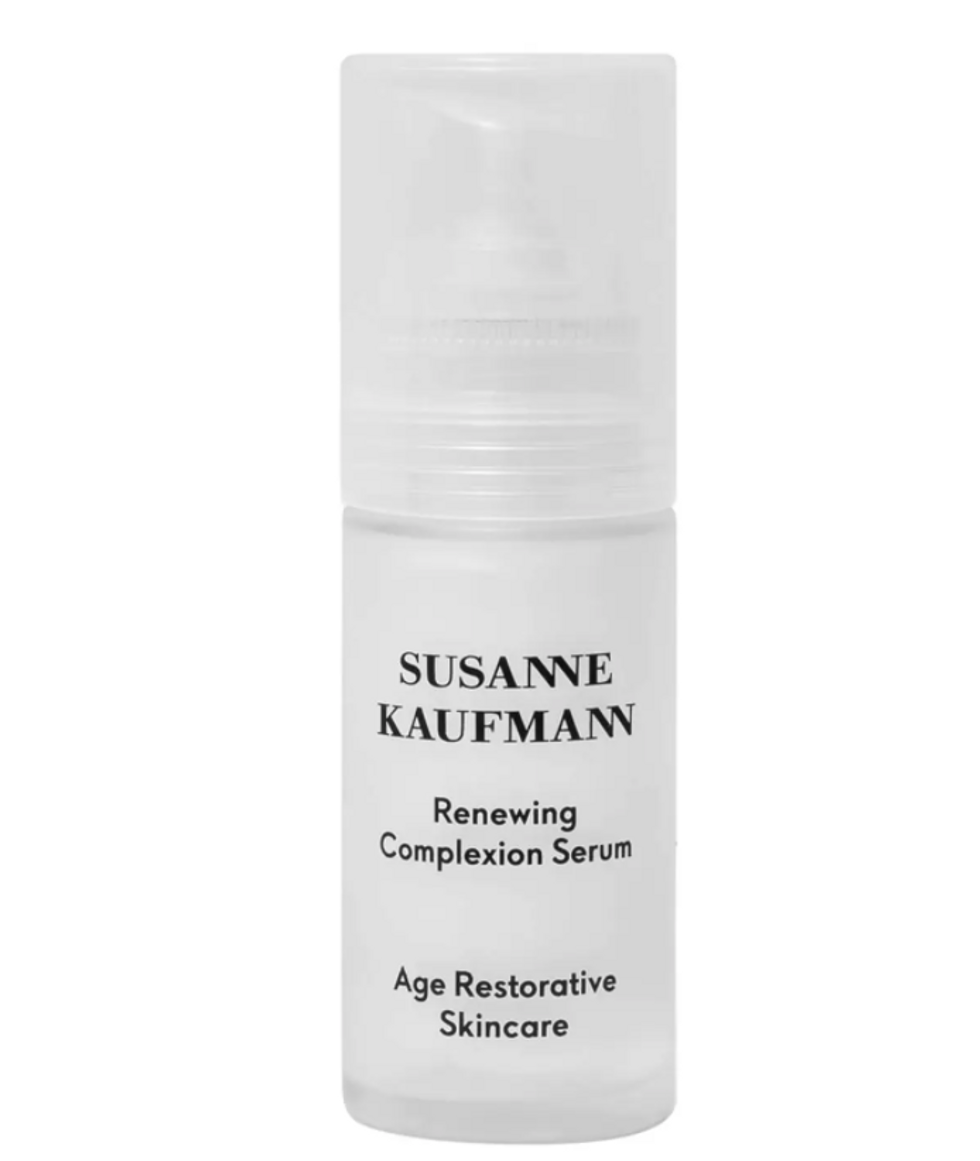
0.2% Retinol
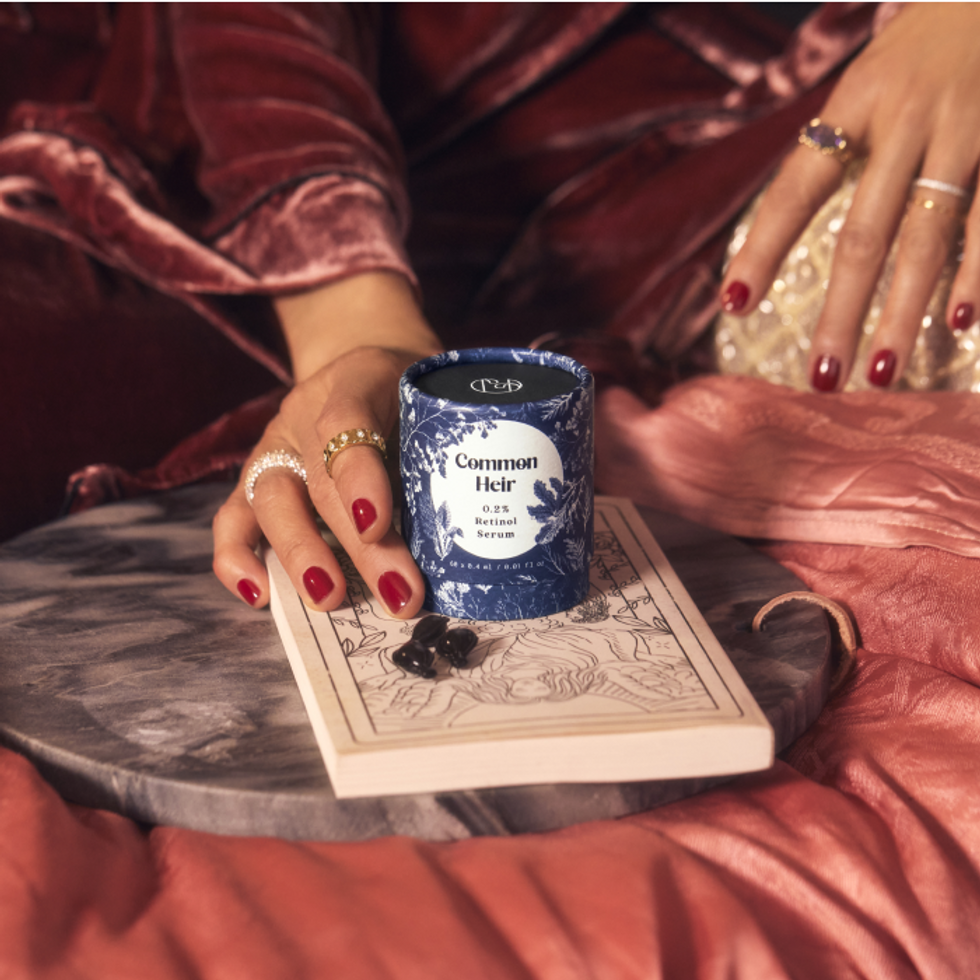
Rénergie H.C.F. Triple Serum

Want more stories like this?
I Tried 4 Cult-Favorite Tinted Moisturizers—Here Are My Reviews
A Fenty Skin Face Mask, Plus 9 Other Standout April Beauty Launches To Have On Your Radar
This Cult-Favorite Cream Revived My Dull, Dehydrated Skin
from Coveteur: Inside Closets, Fashion, Beauty, Health, and Travel https://ift.tt/IoFDtgH
via IFTTT
Comments
Post a Comment